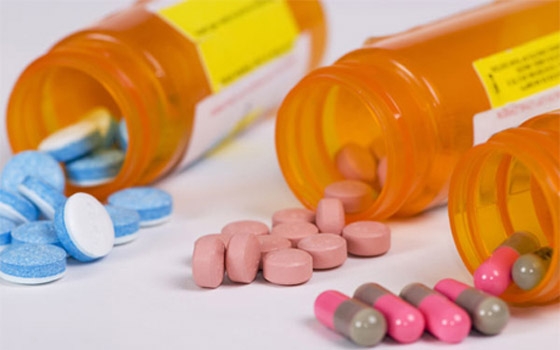Jordan's pharmaceutical exports increased in 2012 by 20 per cent, despite regional conditions and other difficulties facing the industry.
According to Mohammad Ali Shahin, representative of healthcare-related industries and medical supplies at the Jordan Chamber of Industry, the pharmaceuticals' exports rose to $643 million from $503 million in 2011, an increase by $140 million.
"Should the sector continue to grow, the exports of the pharmaceutical industry would generate $1 billion by the end of 2015," he indicated, stressing the competitiveness and solid grounds of the industry.
"The exports of the pharmaceutical industry were affected by the Arab Spring because of difficulties to access some markets," he said, pointing out that there were shipping, security and logistic hindrances, beside a drop in currency exchange rates that the industry has managed to deal with and overcome.
At present, Jordanian medicines are exported to around 65 markets, despite difficulties related to medicines' registration, he added.
Shahin, who is also chairman of Jordan Sweden Medical and Sterilisation Company, highlighted the industry's contribution to the economy, noting that the industry brings in more than $600 million to the country, thus boosting its foreign reserves.
More and more Jordanians now believe that Jordanian medicines are as good as foreign ones, he said, indicating that local drugs constitute more than 30 per cent of the overall spending on medicine.
With the first pharmaceutical plant established in 1962 in Salt, the industry currently provides 5,000 in direct jobs, in addition to 3,000 other jobs in sub and related industries such as packing and packaging, research and studies, training, and promotion, he said.
Since the opening of the first plant, the number of local pharmaceutical plants increased to 20 factories at present, at a registered capital of around JD250 million while their market value exceeds JD1 billion, Shahin indicated.
Jordan Times
17 February
























































